Hebrew SeniorLife’s Harvard Medical School-affiliated Institute for Aging Research (IFAR) is celebrating 50 years of research focused on finding ways to optimize quality of life for all of us as we age. For half a century our researchers have explored age-related syndromes, debunking the myth that growing old has to mean growing frail.
Many of the physical characteristics that we associate with old age, such as stooped posture, unsteady gait or immobility, are influenced by the musculoskeletal structure. IFAR researchers have made many important discoveries that help us understand what causes the musculoskeletal structure to decay with age and finding ways to prevent or treat conditions such as osteoporosis that compromise good bone health.
Dietary approaches have emerged as an important strategy for the prevention of osteoporosis and other forms of musculoskeletal weakness. IFAR’s research on nutrition includes the Framingham Osteoporosis Study, which is housed at IFAR and based on data culled from the landmark Framingham Heart Study. Research evidence indicates that diet at the level of vitamins, minerals, food groups, and dietary patterns play an important role in musculoskeletal health.
Thanks to IFAR research here are five steps you can take to bolster bone health:
- Eat more fish. If fish is not a regular part of your diet you may want to up your intake. The Framingham Osteoporosis Study has shown both men and women with fish intakes ≥3 servings (1 serving=2-3oz) per week gained hip bone mineral density (BMD) over four years compared to individuals with low to moderate weekly fish intakes who lost BMD.
- Include adequate protein in your diet. A study published this past June showed a protein-rich diet, which includes both animal and plant sources, preserves lean muscle mass and strength in the legs of older adults, which can help reduce the propensity for older adults to fall. The study included participants aged 29—89 and beneficial protein intake was 80 grams per day for men and 76 grams per day for women.
- Take vitamin D daily. IFAR researchers discovered that higher doses of vitamin D can lower the risk of falls and fractures in older adults, particularly frail seniors living in nursing homes. They found that nursing home residents who took 800 International Units (IU) of vitamin D daily were 72 percent less likely to fall than those getting lower amounts or no vitamin D.
- Eat the right kind of dairy to keep hip bones strong. An IFAR study found that dairy intake — specifically milk and yogurt — was associated with higher BMD in the hip, but not the spine. Cream, on the other hand, may be associated with lower BMD overall. This means ice cream may be good for the soul, but is not a substitute for more beneficial dairy products when it comes to maintaining good bone health.
- Drink wine in moderation. Findings from the Framingham Osteoporosis Study identified red wine as particularly beneficial for bone health in women. Moderate ingestion of alcohol (one drink per day) may offer maximum protection; however, intakes beyond this level show negative effects on the skeleton. The above observations emerging from studies of alcohol containing beverages suggest that specific components found in these beverages in addition to the alcohol may also have effects on skeletal health.
In addition, IFAR nutrition studies on vitamins B, C, D, E and K, fatty acids, carotenoids, magnesium and potassium have made valuable contributions to the scientific literature and contribute towards the nutrition policy debates on optimal dietary recommendations for healthy aging in older Americans.
As research advances, it becomes clear that understanding the role of nutrition in musculoskeletal health is a complicated proposition. There is no silver bullet, and an individual’s genetic makeup and lifestyle influence the benefit of any given nutritional intake. As the goal of personalized medicine becomes more of a reality, findings from the Framingham Osteoporosis Study suggest the possibility that nutrition will also become personalized depending on an individual’s genetic makeup.
As part of their independent senior life, Orchard Cove residents work with coaches in the Vitalize 360 program to set fitness goals and develop a plan to achieve them. With access to a full calendar of enriching programs and opportunities for personal exploration, Vitalize 360 helps you realize lifelong dreams, rekindle forgotten interests and discover new passions.
Learn how setting and achieving goals gives us life purpose as we age. “Achieving Lifelong Goals with Vitalize 360™” is a free luncheon that will be held at The Cape Codder Resort on September 27, 2016, from noon to 2 pm. Presenter Susan Flashner-Fineman, M.Ed., is Orchard Cove’s Vitalize 360™ Coach and Fitness Director. She is also a trained wellness coach, and her mission is to guide and inspire every resident to live their best and most fulfilled life possible. To register, call 781-821-1730 or fill out the form: http://www.orchardcoveliving.org/
Content contributed by Jennifer Davis, Director of Marketing Communications at Hebrew SeniorLife
Sponsored Content




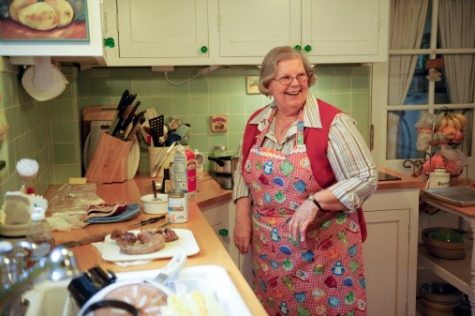

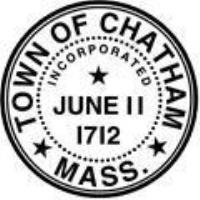
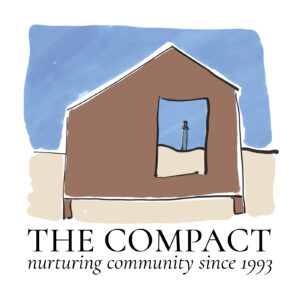

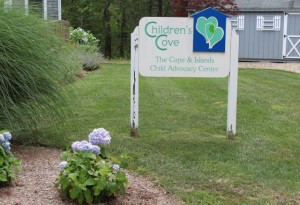
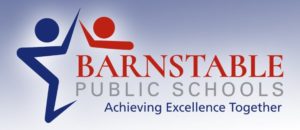

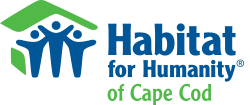
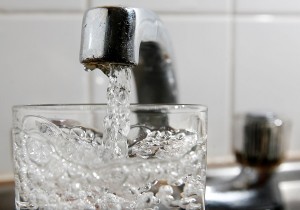

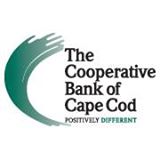
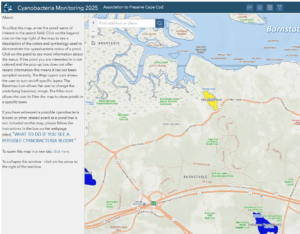
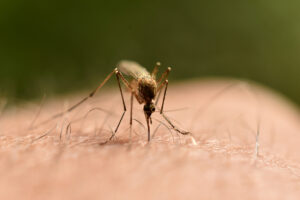








Speak Your Mind